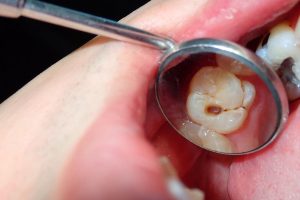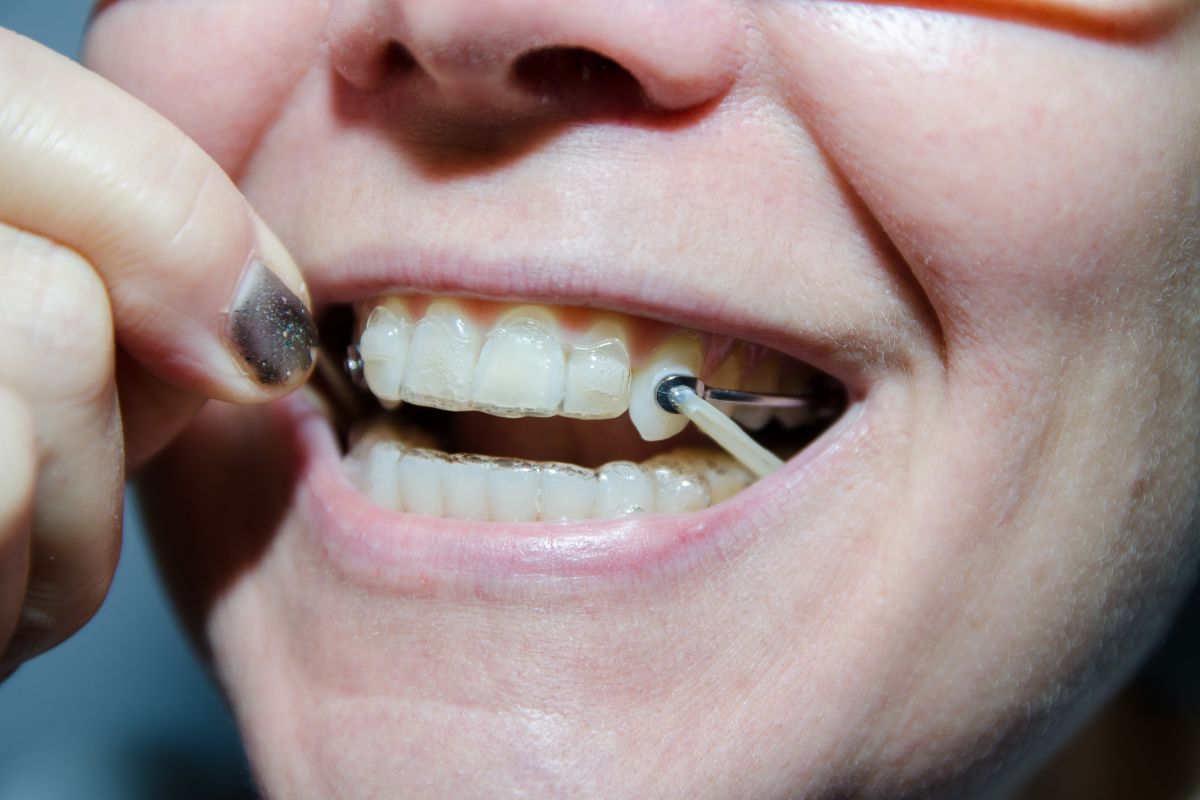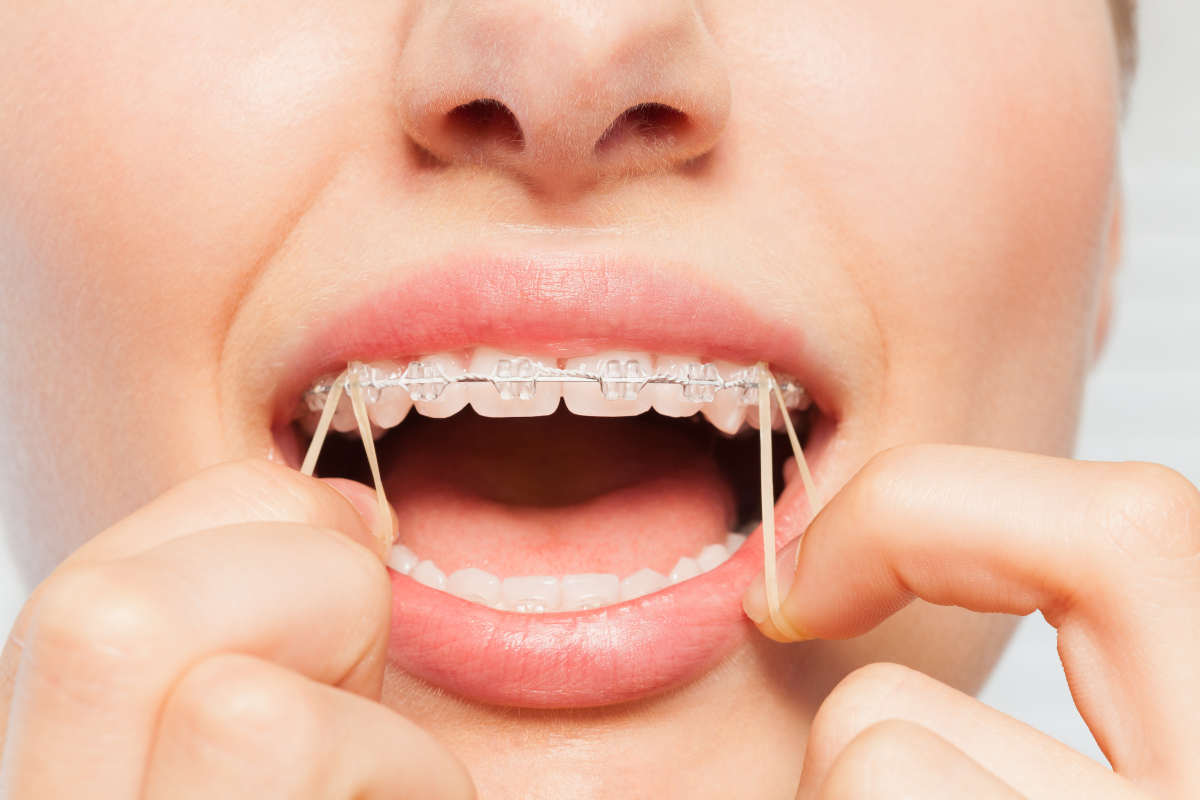

Cavities are among the most common dental issues people of all ages face. These occur when bacteria in the mouth produce acids that erode the tooth’s enamel, allowing bacteria to dig deeper into the tooth.
While cavities are prevalent, there is an ongoing debate about whether they can be reversed or if they are permanent damages that can only be treated. This article will explore the possibilities of reversing cavities and maintaining optimal dental health.
Understanding Cavities
What are cavities?
Cavities are holes or openings that form in the teeth due to the erosion of the tooth’s protective outer layer, called the enamel. They can vary in size and severity. If left untreated, the bacteria can go deep beyond the enamel and start eating through the soft part of the tooth called the dentin. Once that happens, there is no way to save the tooth besides extensive dental procedures like root canals or dental fillings.
How do cavities form?
Cavities are formed through a process called demineralization. Bacteria love sugary and starchy food! When we forget to floss or brush our teeth, the bacteria in our mouth break down the remaining food particles by producing acids. These acids then attack the enamel, stripping away essential minerals and weakening the tooth’s structure. Think of it as bacteria’s ongoing excavation of your teeth.
Factors contributing to cavity formation
Several factors contribute to the development of cavities. Poor oral hygiene, a diet high in sugars and carbohydrates, infrequent dental check-ups, dry mouth, and certain medical conditions can increase the risk of cavities.
Can Cavities Be Reversed?
The early stage of cavity development
In the early stages of cavity development, known as enamel demineralization, the damage is still manageable, and the enamel can repair itself to some extent. This process is called remineralization.
Remineralization process
Remineralization occurs when minerals such as calcium, phosphate, and fluoride are re-deposited onto the tooth’s surface, helping to rebuild and strengthen the enamel. Proper oral hygiene and fluoride toothpaste can enhance this natural repair process.
Effective oral hygiene practices
Good oral hygiene is essential to facilitate remineralization and prevent further decay. Regular brushing, flossing, and mouthwash help remove plaque and bacteria, reducing the acid production that leads to cavity formation.
Professional Treatments for Reversing Cavities
Fluoride treatment
Fluoride is a mineral that is crucial in preventing and reversing cavities. Fluoride treatments at the dentist’s office or fluoride-rich dental products can help remineralize enamel and stop cavity progression.
Dental sealants
Dental sealants are thin coatings applied to the chewing surfaces of the back teeth, where cavities often develop. These sealants act as a barrier, protecting the tooth from decay-causing bacteria.
Glass ionomer fillings
In cases where the cavity has progressed beyond the early stages, dental fillings become necessary. Glass ionomer fillings release fluoride over time, aiding in remineralization and offering additional protection to the tooth.
Diet and Cavities
Sugars and their impact
Sugary foods and drinks provide an abundant source of fuel for cavity-causing bacteria. Limiting the consumption of sugary treats and beverages can help prevent and reverse cavities.
Tooth-friendly foods
A diet rich in tooth-friendly foods, such as fruits, vegetables, dairy products, and nuts, can support remineralization and overall dental health.
Importance of a balanced diet
Maintaining a balanced diet with adequate vitamins and minerals is essential for promoting oral health and supporting the body’s natural cavity-fighting mechanisms.
Avoiding Common Pitfalls
Delaying dental check-ups
Regular dental check-ups are crucial for early detection and prevention of cavities. Delaying or avoiding these check-ups can allow cavities to progress, making them more challenging to reverse.
Overreliance on natural remedies
While natural remedies can complement traditional dental care, they should not replace professional treatments or oral hygiene practices.
Neglecting oral hygiene
Neglecting basic oral hygiene practices can exacerbate cavity formation and hinder natural remineralization.
Prevention is Better Than Cure
Regular dental check-ups
Visiting the dentist at least twice a year for routine check-ups and cleanings can help identify and address dental issues in their early stages, including cavities.
Fluoride toothpaste and mouthwash
Using fluoride toothpaste and mouthwash recommended by dental professionals can strengthen enamel and prevent cavity development.
Flossing and interdental cleaning
Flossing and using interdental brushes help remove food particles and plaque between teeth, reducing the risk of cavities in those hard-to-reach areas.
Stay Cavity Free!
Cavities, though common, can be prevented and even reversed in their early stages. By adopting effective oral hygiene practices, making mindful dietary choices, and seeking professional dental care, individuals can take proactive steps to promote oral health and keep cavities at bay.
Get Orthodontic Treatment to Help Prevent Cavities
“A positive self-image and self-confidence can result from proper orthodontic care.”
This belief has been our foundation for over 17 years of creating beautiful, straight, and confident smiles!
With thousands of finished cases under our belt, we are confident in our ability to provide you and your family with excellent treatment delivered with expertise and care.
Plan your smile with one of the best Orthodontists in Toronto, Ontario. Schedule a virtual care or in-office appointment with us! Let’s work together to create the best smile for you and your family.
FAQs
Can cavities go away on their own?
While early-stage cavities may reverse through remineralization, advanced cavities typically require dental intervention.
Are natural remedies alone enough to reverse cavities?
Natural remedies can be beneficial but should be used with professional dental treatments and oral hygiene practices.
How can I prevent cavities in children?
Encourage children to brush their teeth twice daily, limit sugary snacks and drinks, and schedule regular dental check-ups.
Is fluoride safe for dental health?
Fluoride is safe and effective in preventing and reversing cavities when used as directed.
Can cavities lead to tooth loss?
If left untreated, cavities can progress, leading to infection, abscess, and tooth loss.
Recent Posts
-
Inside the World of Orthodontists: Education, Precision, and Transformative Treatments
The Evolution of Orthodontics: A Brief Historical Overview Orthodontics, an integral branch…
-
How Orthodontists Plan a Treatment for a Beautiful Smile
Understanding the Patient's Unique Needs A positive self-image and confidence can result…
-
Unleash Your New Smile! Here's What You Need to Know Before Braces Removal
Are you excited to see your smile transformation? Taking your braces off…
-
Traits That a Good Orthodontist Should Have
Choosing an orthodontist is half your smile transformation journey. That’s why in…
-
How Braces Can Help Fix an Asymmetrical Jawline
An asymmetrical jawline can cause concern for many individuals, affecting their appearance…
-
Can Cavities Be Reversed?
Cavities are among the most common dental issues people of all ages…
-
What to Prepare During Your First Braces Appointment
Are you about to embark on your journey to a beautiful smile…
-
Taking Care of Baby Teeth: A Comprehensive Guide for Parents
Caring for our children's health is one of our most crucial responsibilities…
-
What are Brace Elastics?
If you or someone you know is undergoing orthodontic treatment with braces,…
-
Difference Between an Overjet and Overbite: A Comprehensive Guide
Two orthodontic terms that often confuse our patients are "overjet" and "overbite."…







 Instagram
Instagram
